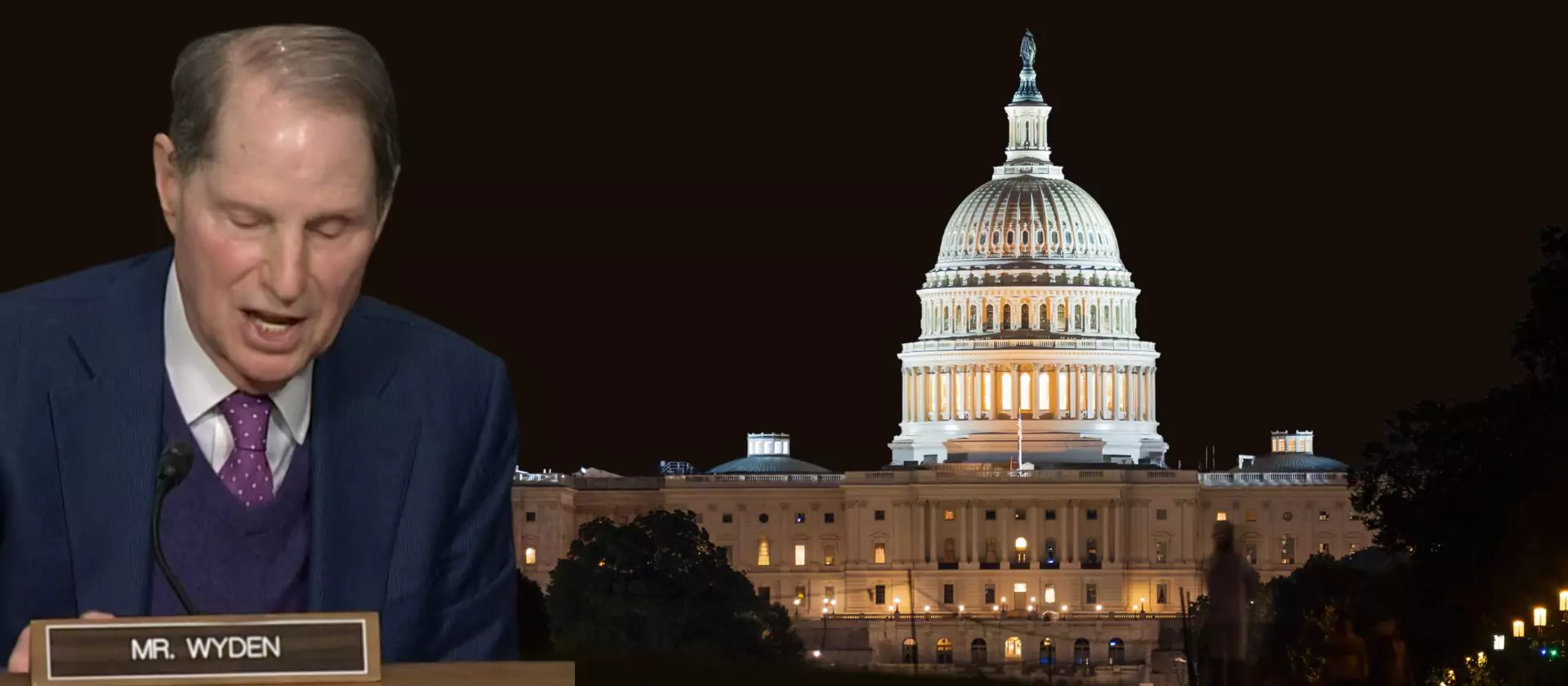Corporations in Oregon are on track to pay a smaller share of Oregon income taxes this budget period than at nearly any point in the past four decades. This comes at a time when corporate profits, at least nationally, hover near an all-time high. The decline of the corporate income tax has made it harder for Oregon to adequately fund schools and other essential services that benefit everyone, corporations included.
Corporate income tax share falls near record low
In relative terms, rarely have corporations paid so little in income taxes to Oregon than they do today. This situation did not occur by accident, but through the efforts of corporations to minimize their tax contributions. Over the decades, corporations have obtained numerous tax subsidies and loopholes at both the state and federal level, pursued aggressive tax sheltering strategies, and taken advantage of new corporate forms largely exempt from corporate income taxes.[1] As a result, the income tax contribution by corporations is near a record low.
Measured as a share of all income taxes, the corporate contribution stands near its lowest level over the past four decades. In the mid-1970s, corporations paid about 18.5 percent (almost one in every five dollars) of all income taxes paid to Oregon, with individuals and families paying the rest.[2] In the current budget period, corporations are expected to pay only 6.8 percent (about one in every 15 dollars) of all income taxes.[3] The record low of 5.2 percent was set in the 2001-03 budget period.

The corporate income tax has also shrunk relative to the size of the Oregon economy. In the late 1970s, corporate income taxes amounted to 0.61 percent of Oregon’s Gross State Product (GSP), a measure of the Oregon economy.[4] In the previous budget period, 2015-2017, corporate income taxes made up about 0.27 percent of Oregon’s GSP.[5] In other words, as a share of Oregon’s economy, corporate income taxes have declined by more than half over the past four decades.

Further evidence of the feeble state of Oregon’s corporate income tax is that the Oregon Lottery brings in more revenue than the corporate income tax. In the current budget period, the Oregon lottery is forecast to raise $1.44 billion, while the corporate income tax is expected to generate $1.31 billion.[6]

State lotteries generate most of their revenue from people struggling economically or with a gambling addiction.[7] In other words, a group made up largely of vulnerable Oregonians contributes more toward the common good via the state general fund than the largest corporations.
Corporate profits are near an all-time high
Even as their income tax payments to Oregon have fallen close to a record low, nationally, corporations have enjoyed a record level of profits. Corporate profits as a share of the national income stood at 7 percent in 2013 — just a hair shy of the record set in 2012.[8] Since 1992, the ratio between U.S. corporate profits and national income has averaged 5.6 percent. In other words, corporations have been enjoying stellar profits in recent years.

More recently, the corporate bottom line received a significant boost from Congress and the White House. The 2017 federal tax act slashed the federal corporate tax rate from 35 percent to 21 percent. As a result, after-tax profits of corporations jumped 20 percent in the third quarter of 2018, compared to the same time-period in the prior year.[9]
Conclusion
Corporations are paying a lower share of all income taxes now than almost any time before. This low contribution has come at a time when, at least nationally, corporate profits have been near record levels. When the Oregon legislature looks for places to raise revenue to better support schools and essential services, the place to start is with the corporate income tax.
[1] Tyler Mac Innis and Juan Carlos Ordóñez, The Gaming and Decline of Oregon Corporate Taxes, Oregon Center for Public Policy, June 29, 2016, available at.
[2] Legislative Revenue Office, 2018 Oregon Public Finance: Basic Facts.
[3] Authors’ calculations based on data from Legislative Revenue Office, 2018 Oregon Public Finance: Basic Facts.
[4] Data from the U.S. Bureau of Economic Analysis, Gross State Product, and the Legislative Revenue Office, 2018 Oregon Public Finance: Basic Facts.
[5] Ibid.
[6] Oregon Office of Economic Analysis, December 2018 Revenue Forecast.
[7] Juan Carlos Ordóñez, “More disgraceful than the lottery: Oregon’s corporate income tax,” Oregon Center for Public Policy, Mar. 18, 2016.
[8] This calculation uses the most recently available data, which is for 2013. Data on national income and corporate profits with inventory valuation and capital consumption adjustments from the U.S. Bureau of Economic Analysis, available at https://www.bea.gov/data. To highlight C-corporation specific profits, the data was then modified by a factor for each year based on the share of total IRS net income between C-corporations and S-corporations and REITs. For example, in 2013, C-corporations had 62 percent of all profits reported by corporations. Therefore, the analysis here is the calculated C-corporation profits as a share the national income.
[9] Jim Tankersley, “Trump’s Tax Cut One Year Later: What Happened?,” The New York Times, Dec. 27, 2018.






